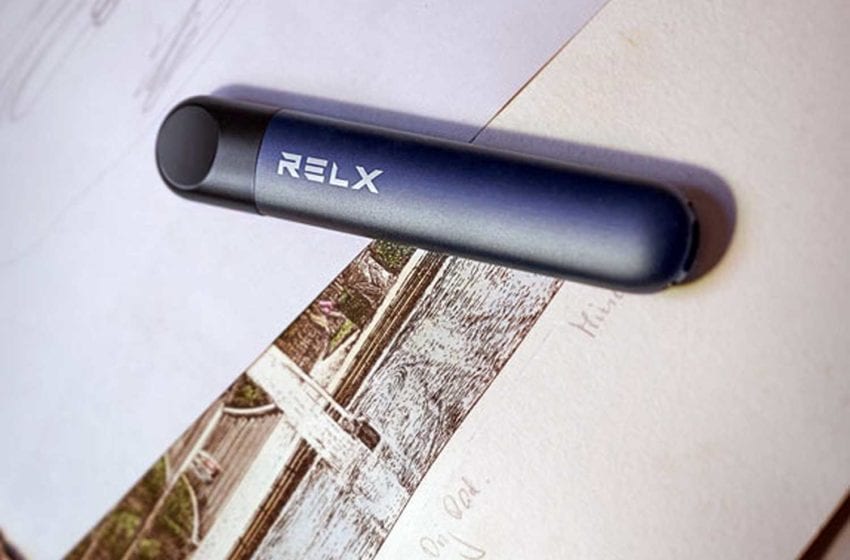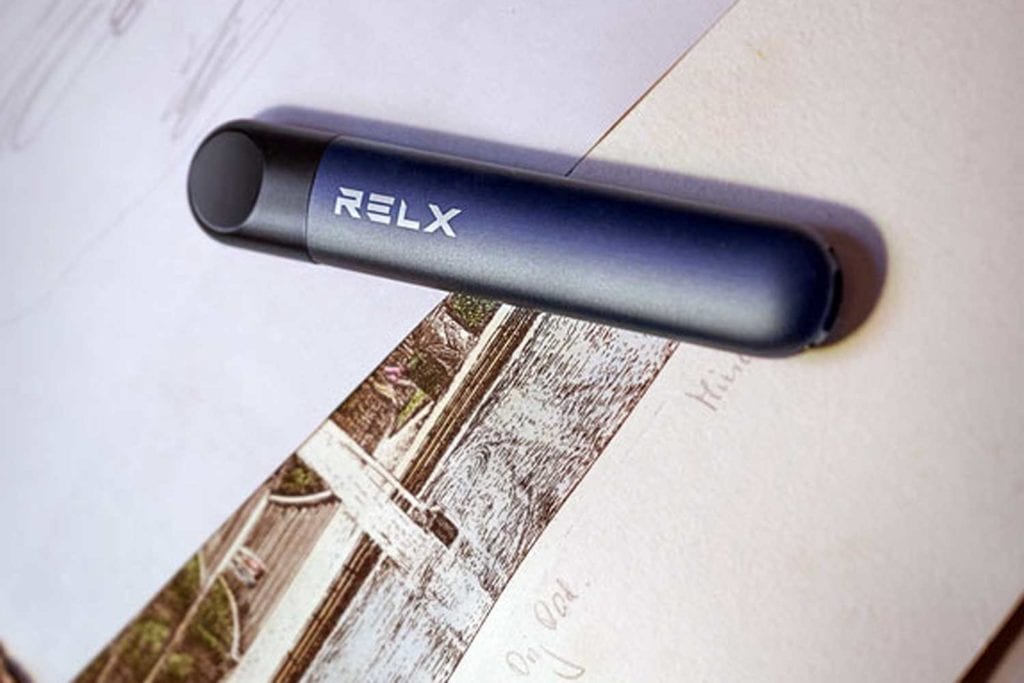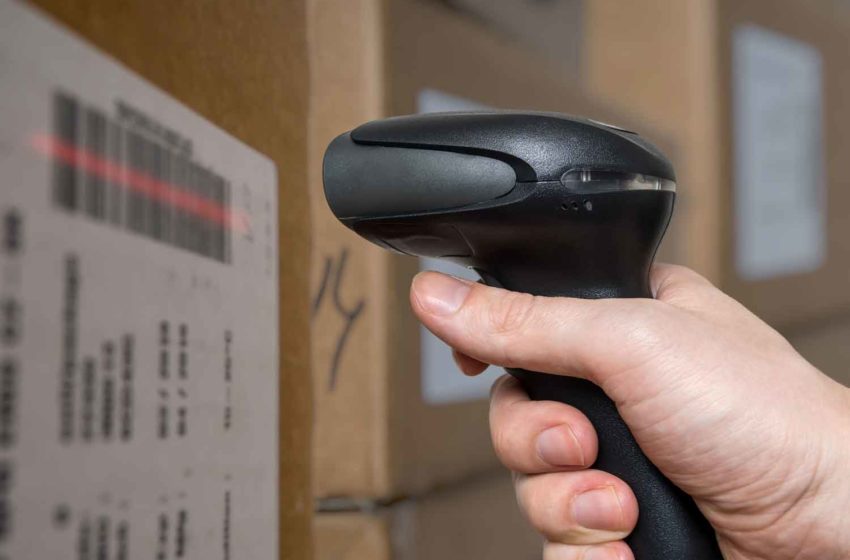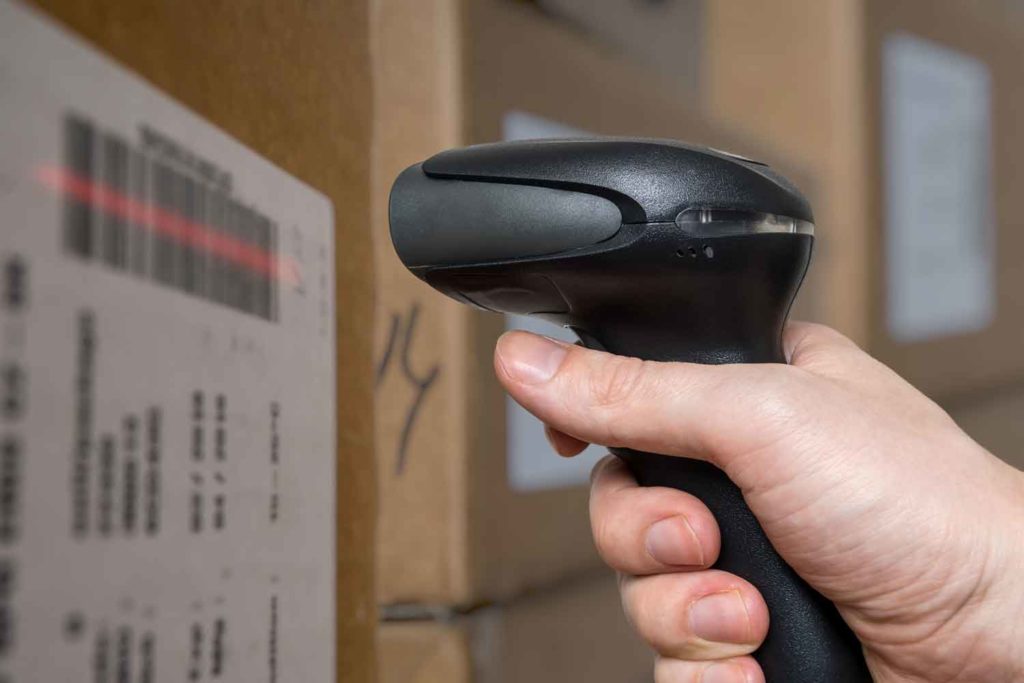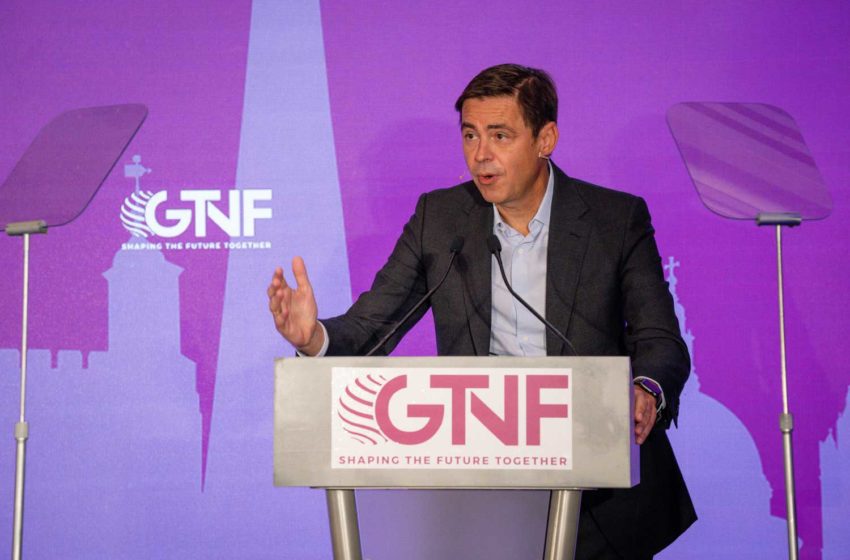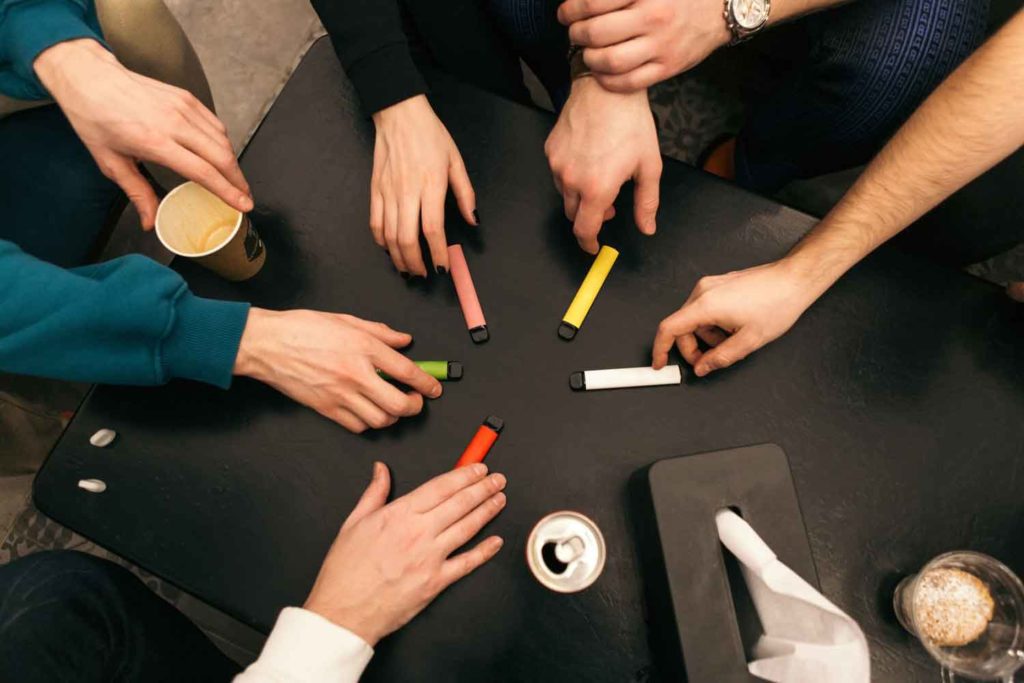
National addiction policy makers and experts met in Brussels on Nov. 15 to discuss the Czech presidency of the Council of the EU and the best way to tackle various addictions, including alcohol, tobacco, gambling and digital technologies, at the EU level. The consensus is that the priority should be a holistic, compassionate and realistic approach to help those in need.
“A world without drugs, tobacco, alcohol is not realistic and perhaps not healthy for people’s mental health. Extreme regulations have little effect on addictive behavior,” national drug coordinator Jindrich Voboril was quoted as saying in a press note. “What we can effectively do is to minimize the impact. Addiction policy should give adults access to less risky addictive products and let people make their own choices.”
The roundtable, organized by The Institute for Rational Addiction Policies, also discussed the perspective on tackling addiction and the role that EU agencies such as the EMCDDA should play in this regard.
“The European Parliament has sent a clear signal in its report on the Europe’s Beating Cancer Plan by stressing the importance of realistic, evidence-based policies. The European Commission should listen to the experts and take a rational and science-based approach,” said MEP Radka Maxova.
Viktor Mravcik, Head of IRAP’s Science Department, presented examples from the Czech Republic, where a comprehensive harm reduction approach to alcohol and tobacco dependence has led to success. In the discussion that followed, Ales Rod, member of the National Advisory Committee on the Economy and Head of the Centre for Economic and Market Analysis, presented his recent study on best practices in managing tobacco dependence policies in several Member States, including the Czech Republic and Sweden.
“If we conclude that a drug-free world is not possible, we should consider the implications of regulation. I also call on the upcoming Swedish presidency of the Council of the EU to address these issues as a matter of priority and ultimately help Europeans to tackle their addictions. After all, Sweden has done a lot in this area,” added Swedish psychologist and expert on addictions Karl Fagerstrom.

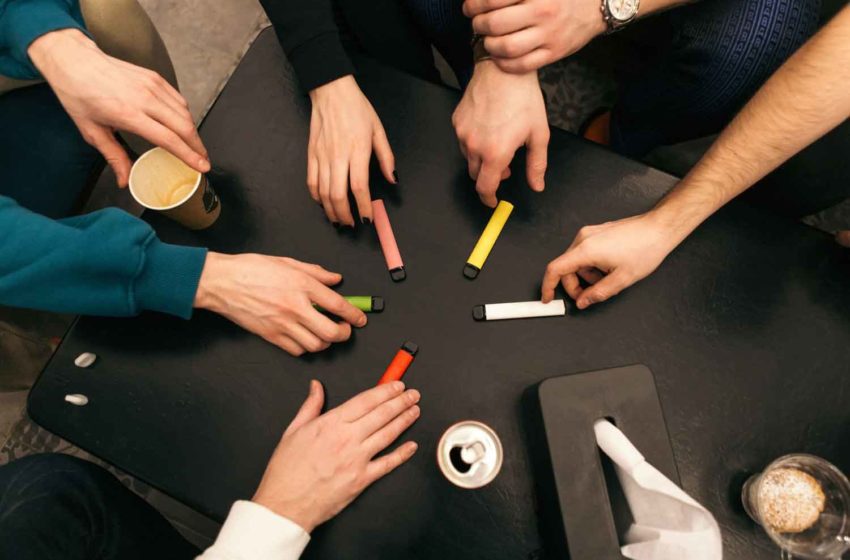




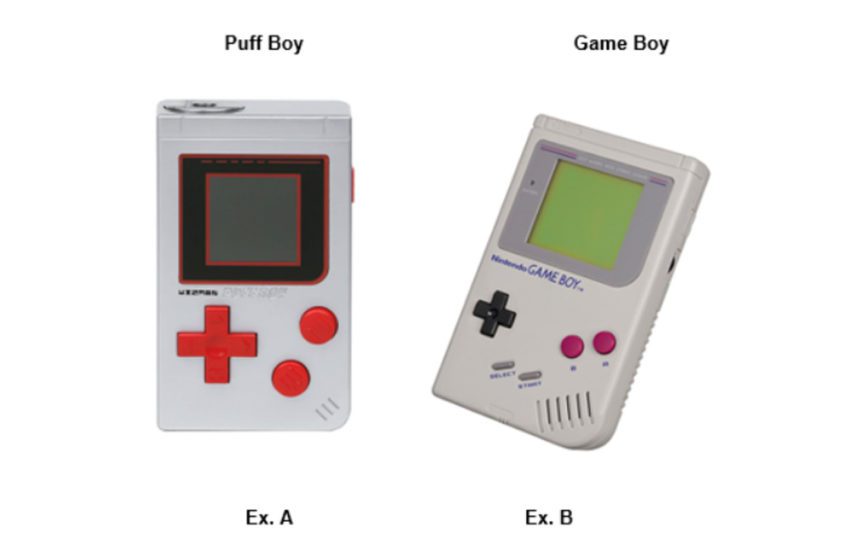
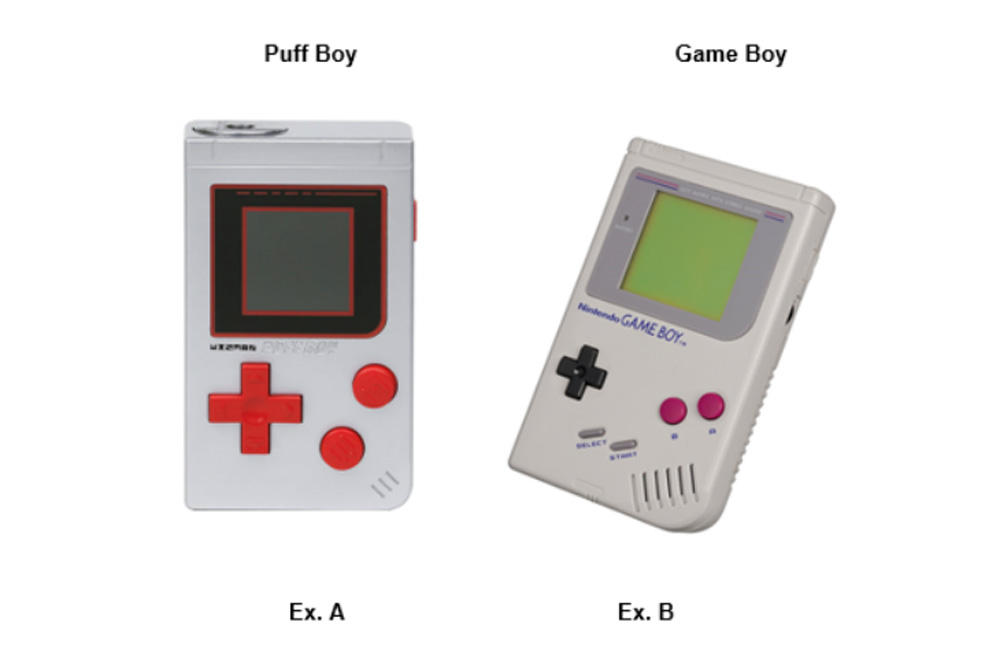
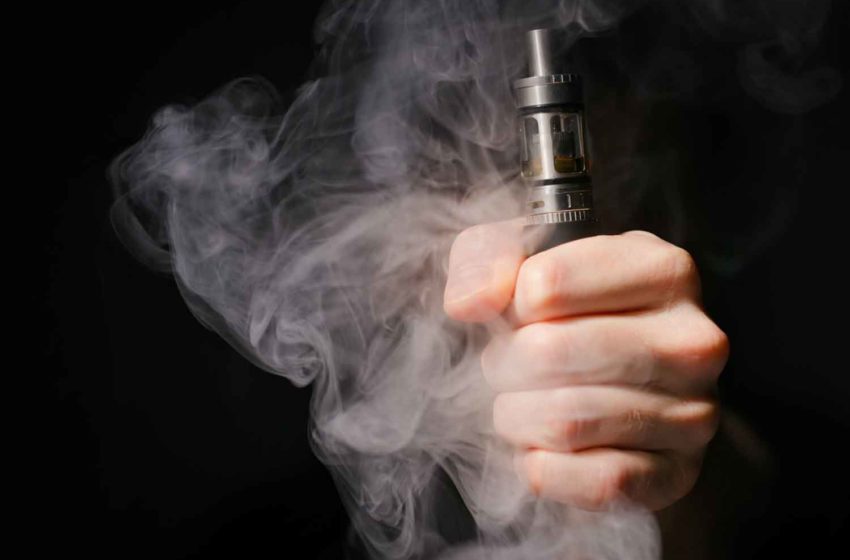
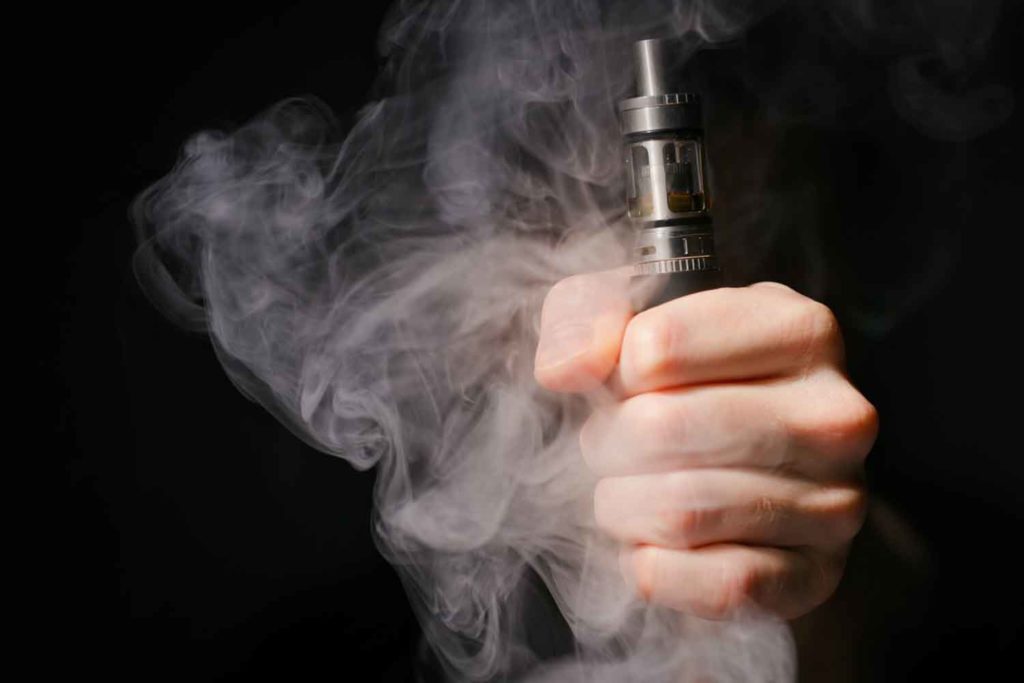
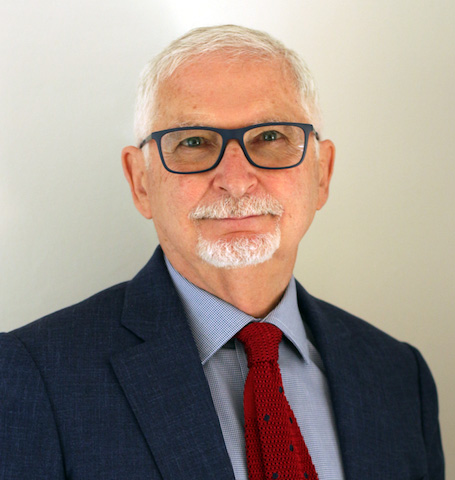
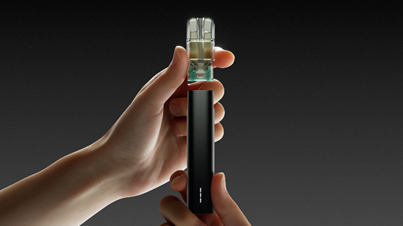
 China’s State Tobacco Monopoly Administration has granted Snowplus Tech a production license that allows the company to produce 80 million pods annually. In a press note, the company said it will now take on the “challenge and responsibility to help lead the development of a healthy and sustainable vaping industry.”
China’s State Tobacco Monopoly Administration has granted Snowplus Tech a production license that allows the company to produce 80 million pods annually. In a press note, the company said it will now take on the “challenge and responsibility to help lead the development of a healthy and sustainable vaping industry.”